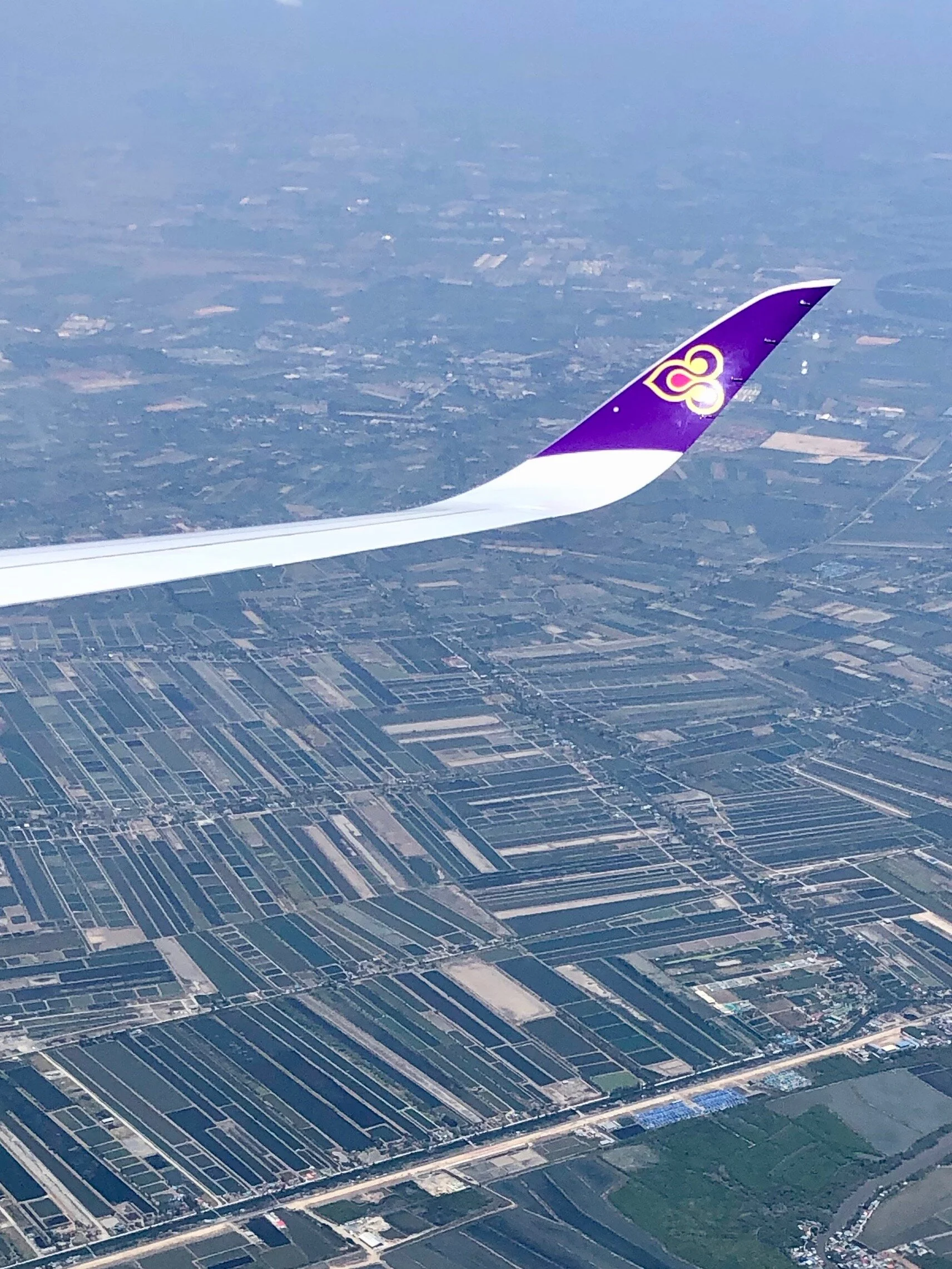At a time of unprecedented challenges to global and regional trade, the CPTPP provides a welcome dose of lowered risks and greater certainty. Firms are currently thinking mostly about the impact of COVID-19 on trade. But there is also a second challenge on the horizon—governments are increasingly disregarding their global obligations under the World Trade Organization (WTO). The multilateral trade regime is, at best, creaking under the weight of increasingly out-of-date rules and fewer partners willing to step up and lead the institution to the future. The CPTPP is a critically important trade agreement meant to shore up support for market activities between member states. Governments, of course, still maintain the right to regulate, including for human, animal and plant life and health. But CPTPP member governments have also agreed to limit scope for discriminatory, arbitrary and non-transparent decisions that affect trade with other partners. Such stability commitments are likely to be more urgent than ever in a post-virus world. Firms that are inside the CPTPP stand to benefit much more than companies that are not able to use the deal. This means that economic growth should rebound faster in CPTPP member countries, with better job prospects and more opportunities.

